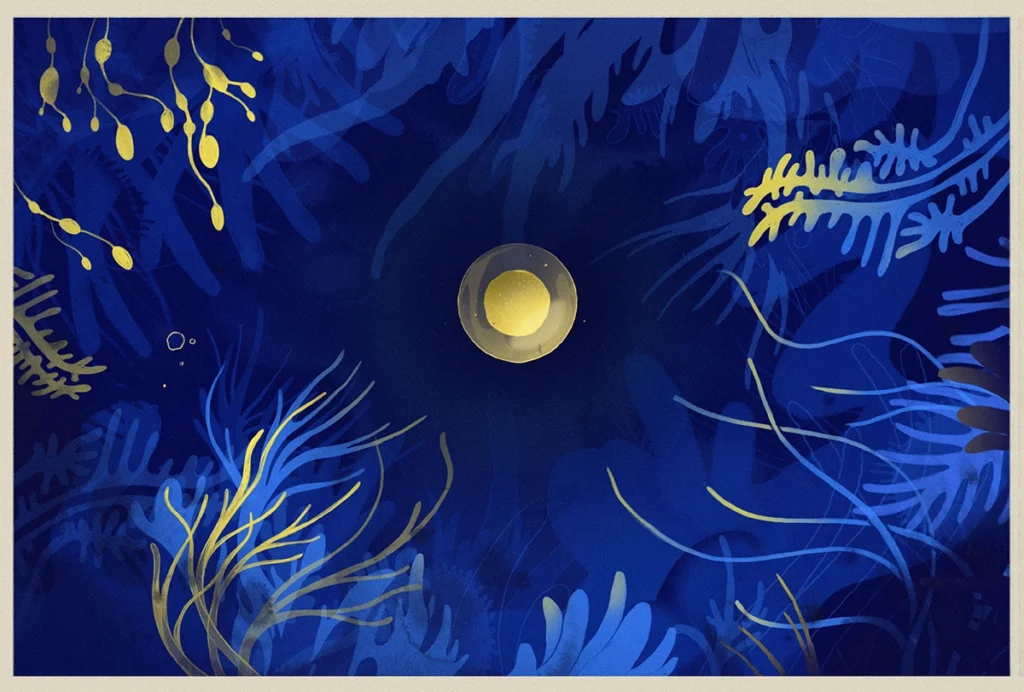Karthik Shekhar is John F. Heil Jr. Professor in the chemical and biomolecular engineering department at the University of California, Berkeley. His laboratory is cross-affiliated with neuroscience, vision science and the Lawrence Berkeley Laboratory. His interests are at the interface of neuroscience, genomics and applied mathematics, and his group uses both experimental and computational approaches to understand how diverse types of neurons in the brain develop and evolve, and how they become selectively vulnerable during diseases. He has received the NIH Pathway to Independence Award, the Hellman Fellowship and the McKnight Fellowship in Neuroscience. He also recently received the Donald E. Noyce Prize for Excellence in Undergraduate Teaching.

Karthik Shekhar
Assistant professor of chemical and biomolecular engineering
University of California, Berkeley
From this contributor
Building a brain: How does it generate its exquisite diversity of cells?
High-throughput technologies have revealed new insights into how the brain develops. But a truly comprehensive map of neurodevelopment requires further advances.

Building a brain: How does it generate its exquisite diversity of cells?
Explore more from The Transmitter
Neuro’s ark: Spying on the secret sensory world of ticks
Carola Städele, a self-proclaimed “tick magnet,” studies the arachnids’ sensory neurobiology—in other words, how these tiny parasites zero in on their next meal.

Neuro’s ark: Spying on the secret sensory world of ticks
Carola Städele, a self-proclaimed “tick magnet,” studies the arachnids’ sensory neurobiology—in other words, how these tiny parasites zero in on their next meal.
Autism in old age, and more
Here is a roundup of autism-related news and research spotted around the web for the week of 2 March.

Autism in old age, and more
Here is a roundup of autism-related news and research spotted around the web for the week of 2 March.
Lack of reviewers threatens robustness of neuroscience literature
Simple math suggests that small groups of scientists can significantly bias peer review.

Lack of reviewers threatens robustness of neuroscience literature
Simple math suggests that small groups of scientists can significantly bias peer review.